Join the author, Néstor T. Carbonell, as he shares a critical analysis of the Castro-Communist regime and explores the challenges and opportunities that will likely arise when freedom finally dawns in Cuba.
CHAPTER 6: I Inside a Doomed Expedition: The | Bay of Pigs (January-April 1961)
The terrible news jolted the exile community (particularly my family) but did not dishearten us. We believed that the second tier of underground leaders would be able to rise against the Communist regime during the invasion and set free their jailed compatriots. We were confident that with the support and unparalleled experience of our US allies, we would prevail in our liberation efforts. If the United States had succeeded in Normandy, how could they fail in Cuba?
With that positive frame of mind, I decided in March to join the brigade in Guatemala as a private. Tony Varona, the head of the Front, tried to persuade me to remain with him at the Miami headquarters, arguing that my intellectual skills would be more useful to the cause than my insignificant military abilities. I felt, however, that my time had come to practice what I preached, so I proceeded to enlist.
Just before departing for Guatemala, I was invited to join a newly formed unit—Operation 40—which was to be integrated into the brigade and charged with the occupation and temporary administration of liberated territories.
After a brief but intense training program in Miami, we underwent polygraph tests. Then, packed into army trucks with rear canvas flaps pulled down, we were driven in total darkness to the abandoned air base in Opa-locka, Florida. Soon we were airborne inside an old C-54 military transport with metal seats placed along the fuselage and windows painted black and covered with masking tape. Although I felt somewhat claustrophobic and apprehensive, the security measures taken by the US officers handling logistics put me at ease. My sense was that we were in good hands.
It was a long and arduous journey to Trax in Guatemala, a rustic training camp that had been built in the heights of cloud-shrouded mountains surrounded by thick vegetation. I was very happy to see my nineteen-year-old cousin Humberto Cortina, who had become a deft radio operator, and to meet many old friends and make new acquaintances. I saw Cubans from all social classes and ethnic backgrounds— scions of families that used to be symbols of wealth and power marching side by side with men of humble origin, like the lanky and good-hearted Francisco Guerra, who used to be my father’s chauffeur.
But what impressed me the most was the discipline of the various battalions of the brigade, the military prowess they displayed, and above all their esprit de corps. But my impression carried no weight. After all, I was a novice in military affairs with no voice or rank. But Colonel Jack Hawkins, the experienced marine who had devised the paramilitary plan for the invasion, certainly had the qualifications and standing to evaluate the combat-readiness of the brigade. This is the last report he submitted to his superiors in Washington after visiting the camp:
“My observations the last few days have increased my confidence in the ability of this force to accomplish not only initial combat missions but also the ultimate objective of Castro’s overthrow. … These officers are young, vigorous, intelligent, and motivated with a fanatical urge to begin battle for which most of them have supreme confidence they will win all engagements against the best Castro has to offer. I share their confidence.
This buoyant report assumed, of course, that the two essential conditions spelled out in the invasion blueprint would be met: control of the air and US recognition of, and overt support to, a Free Cuba government-in-arms established on the beachhead held by the brigade.
While I was training in Guatemala, the White House instructed the CIA to broaden the exile representation by persuading—nay, compelling—the Front to join forces with the MRP (Movimiento Revolucionario de Pueblo) dissident group headed by Manuel Ray, a young liberal engineer who had been Castro’s minister of public works before defecting. The Front, led by Tony Varona, resisted Washington’s intrusion and perceived leftist tilt but finally relented under pressure. What helped settle the controversy was the selection of a moderate leader accepted by all—Dr. Jose Miro-Cardona, a talented and mild-mannered criminal lawyer and university professor who had served as Castro’s prime minister during the first six weeks of his regime. Miro-Cardona became president of the enlarged exile coalition, the Cuban Revolutionary Council (the Council), which subsumed Varona’s Front and Ray’s MRP.
In early April, about two weeks before the brigade was flown to a military base in Puerto Cabezas, Nicaragua, to board the ships for the invasion, Miro-Cardona and his executive committee visited Trax camp in Guatemala. He addressed the troops, pledged that he would join them on the battleground, and ended his peroration with this moving statement: “I leave with you what I treasure the most—my son and the memory of my father, who fought for the independence of our homeland.” The assembled brigade, no longer harboring petty rivalries or dissensions, gave him an ovation.
On our way to the chapel, I had a brief conversation with Miro-Cardona, who knew my parents well and had earlier sought my confidence and assistance in Miami. When I voiced my apprehension about the insufficient troops available in Guatemala to launch an all-out invasion, he told me, “I’m also concerned, but Colonel Frank [Egan] has just assured me that we will be able to count on thirty thousand US soldiers, including those stationed on the island of Vieques, plus the backing of three Latin American countries and complete control of the air.” Not really knowing whether the colonel was well-informed enough and authorized to make that promise (which went beyond the assurance he had previously given Varona), Miro-Cardona added, “In the next few days I will go to Washington to seek confirmation.
According to Miró-Cardona’s notes, shared with me after his passing by his son, the meeting he had requested to discuss US plans on Cuba was held at the State Department on April 5. Chairing the meeting was Adolf Berle, appointed by President Kennedy as head of the Latin American Task Force at State. Berle, a prominent lawyer, educator, author, and diplomat with a baronial bearing, had served under President Franklin D. Roosevelt as a member of his “brain trust” and as assistant secretary of state for Latin American affairs. Also in attendance were-Philip Bonsai, the last US ambassador to Cuba; William Bowdler, a State Department official; and Arthur Schlesinger, special assistant to the president, representing the White House.
At the outset, Berle asked Miro-Cardona point-blank whether he was an advocate of the Left. That question, which jibed with Berle’s background as founding member and chairman of the New York Liberal Party, seemed to be a password for New Frontier support. Miro-Cardona did not answer directly, but he expounded his views on the Cuba of the future. When Berle complimented him on his “socially advanced vision,” Miro-Cardona told him that he was simply enunciating the principles embodied in Cuba’s progressive 1940 constitution, which he planned to restore.
As the Cuban leader started to raise the military issues that concerned him, Berle remarked that they were not in a position to discuss them, but he added with great aplomb: “We’re not deaf. We will listen.” Miro-Cardona then referred to the assurances Colonel Frank Egan had given him in Guatemala and requested confirmation since, he emphasized, he was “assuming a tremendous responsibility toward [his] compatriots.” There was no further discussion, but Miro-Cardona was told that someone would get back to him shortly.
The following day, April 6, William Carr of the CIA informed Miro-Cardona that Berle was ready to see him at his Georgetown residence, preferably alone. There was no need for an interpreter since Berle was fluent in Spanish. Ernesto Rojas, a perceptive and discreet Cuban attorney based in Washington, drove Miro-Cardona to Berle’s house and waited in the car.
According to the Cuban leader’s notes, Berle told him that the military plan was proceeding very well, that the invasion forces would have “control of the air,” and that they would be supported by fifteen thousand additional troops. When Miró-Cardona pointed out that Colonel Frank Egan had promised thirty thousand, Berle responded firmly that a reinforcement of fifteen thousand men would suffice. (Miro-Cardona assumed that they would come from the United States, but Berle did not explicitly say so.)
When the Council president asked for a more concrete guarantee, Berle pointed out that the United States could not enter into a formal alliance, but he gave Miró-Cardona his word of honor (parole d’honneur was the term he used). He added: “The United States cannot admit that it is backing the invasion, but it will have our total support.” Before the meeting ended, Berle stated that several Latin American republics were willing to support the invasion and that the United States was prepared to provide substantial economic aid to a post-Castro Cuba.
Although there were still troubling signs and open questions, Miro-Cardona left the meeting very satisfied with Berle’s assurances, coming as they had not from a midlevel military officer in Guatemala or a CIA spook but from a very senior and prestigious US government official. Rojas, who drove Miro-Cardona back to the hotel, confirmed to me that the exile leader waxed euphoric as he recited Berle’s assurances.
There does not seem to be any official record of Berle’s affirming or denying meeting privately with Miro-Cardona and making the alleged commitments. However, the Council president did refer to the meeting with Berle and to his assurances in general terms in the testimony he gave the board of inquiry on the Bay of Pigs (Taylor Committee).
KENNEDY’S SHOCKING STATEMENT
Six days later, on April 12, came the shocker. President Kennedy stated in a press conference, “There will not be, under any conditions, an intervention in Cuba by the United States Armed Forces. … The basic issue in Cuba is not one between the United States and Cuba. It is between the Cubans themselves. I intend to see that we adhere to that principle and as I understand it this administration’s attitude is so understood and shared by the anti-Castro exiles from Cuba in this country.”
Miro-Cardona was surprised by the president’s categorical pronouncement, which contradicted the assurances that Berle had just given him, but he was not particularly alarmed. He thought that perhaps Kennedy with his disclaimer was playing to the gallery or try—ing to confound Castro. Dr. Arturo Mafias, a prominent Cuban attorney and sugar expert, much more experienced than Miro-Cardona in international affairs, urged him to request immediately a meeting with Berle and seek clarification. The exile leader heeded his advice.
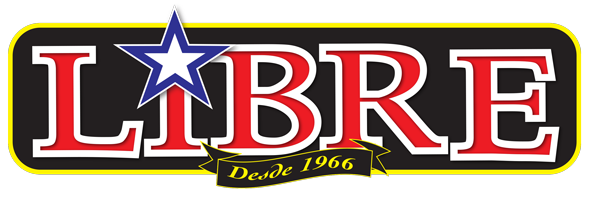
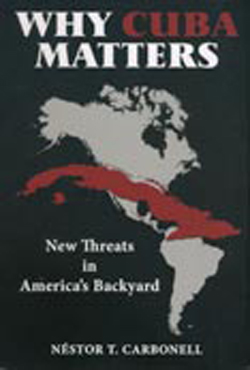

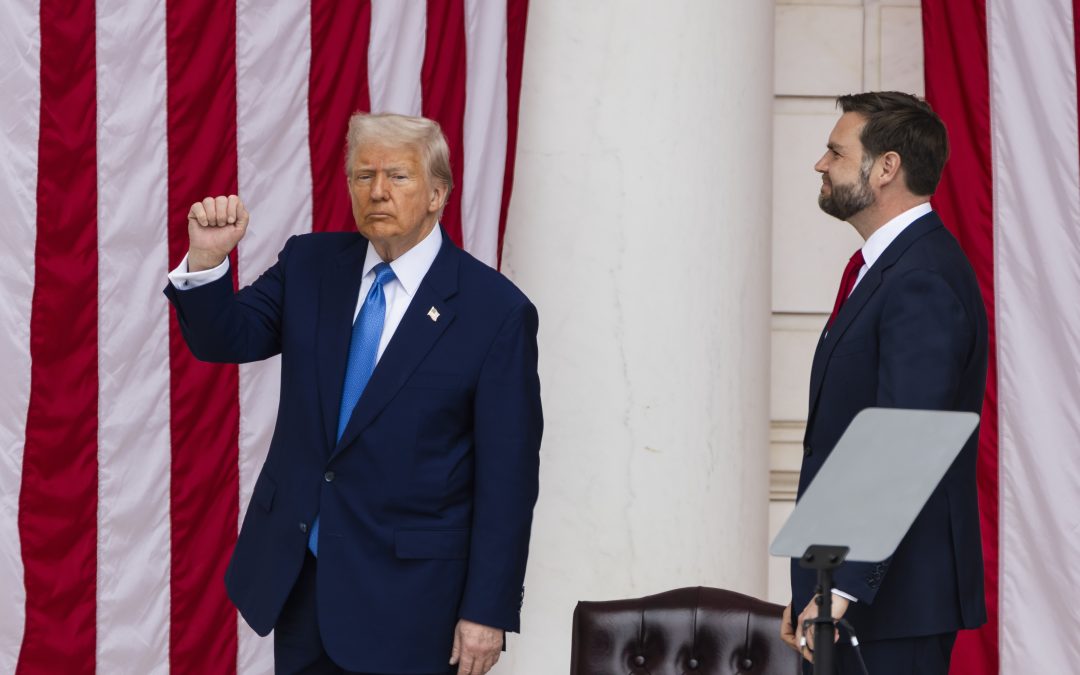
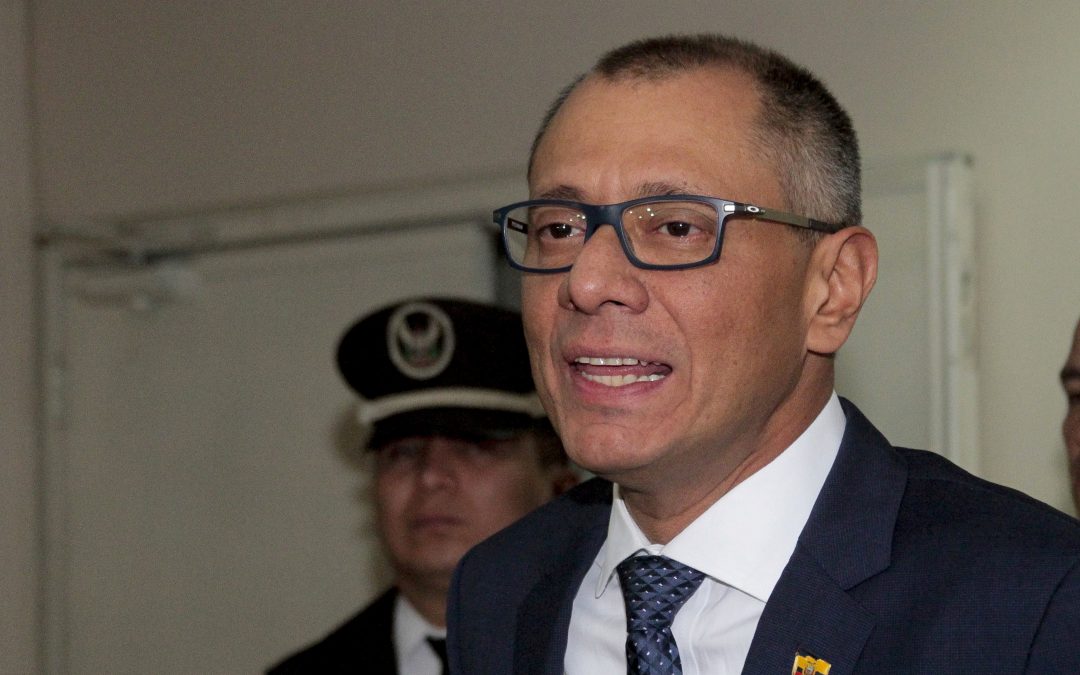
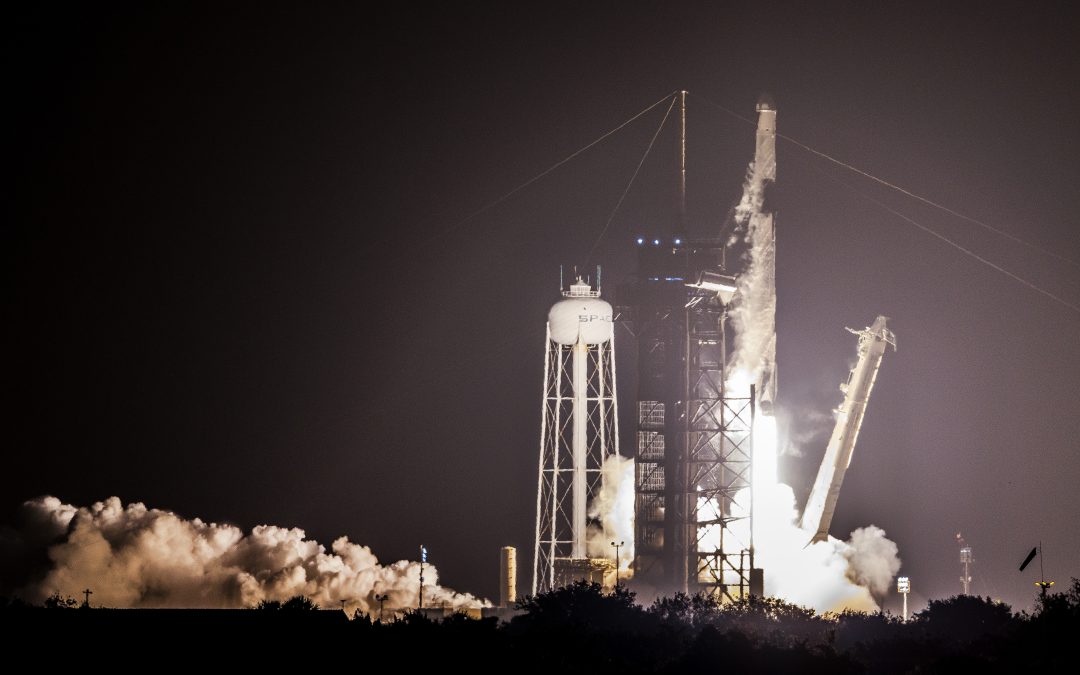
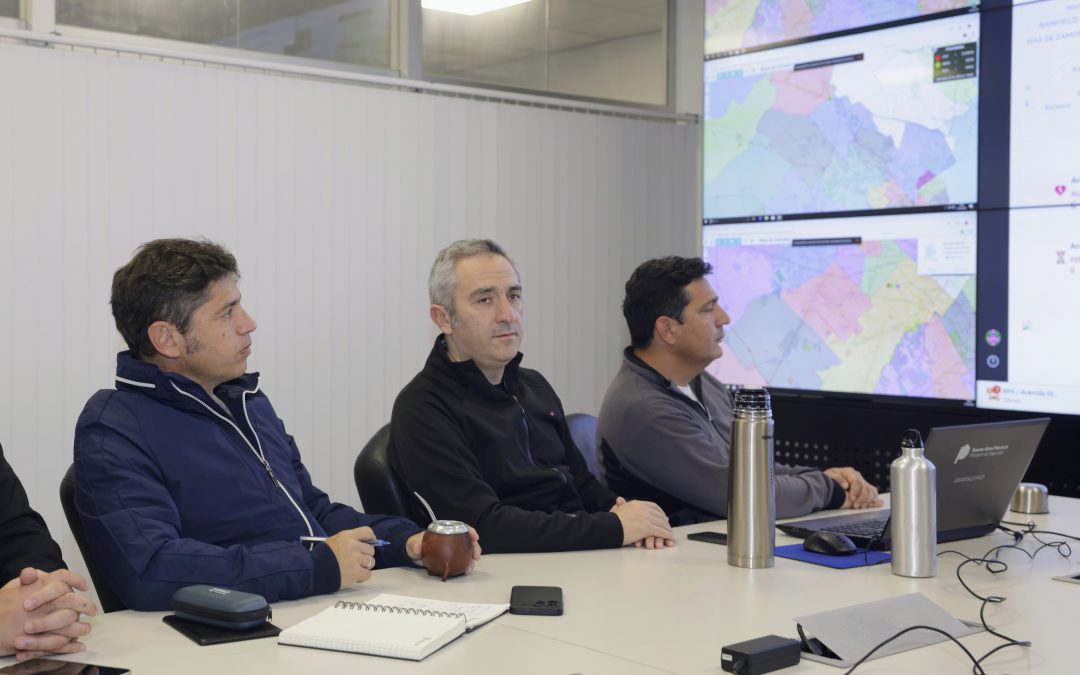
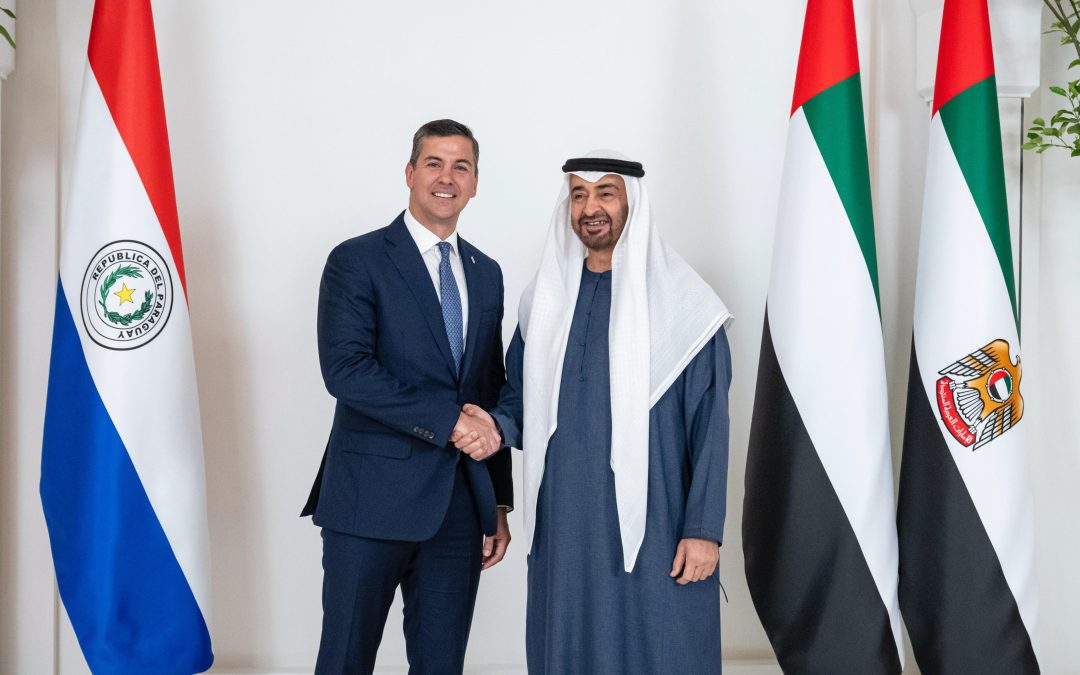


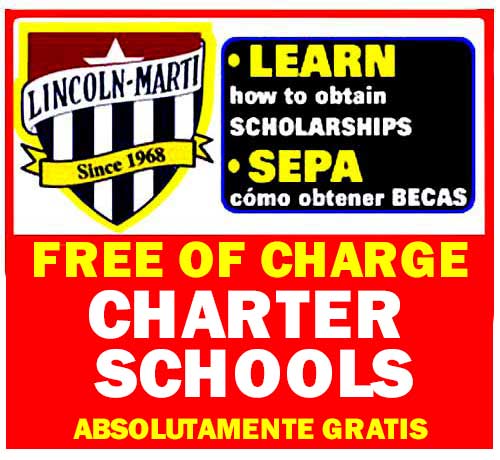
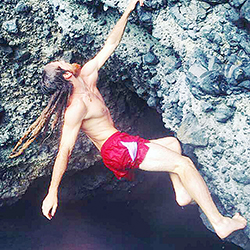
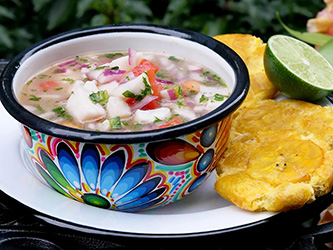
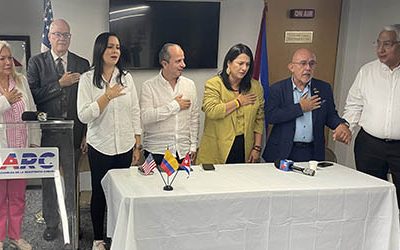
0 comentarios